I think we can all agree that science is a good thing.
Science has led to virtually all of human progress (the remaining part probably being sheer accident) and we’re better off now. And if you don’t think so, then please give back the phone you’re likely scrolling this page on and go back to the dark ages.
Speaking of dark, there’s a Facebook group called The Darker Side Of Science that’s all about science memes of varying degrees of laughtitude. Yes… that’s a metric [looks nonchalant].
#1
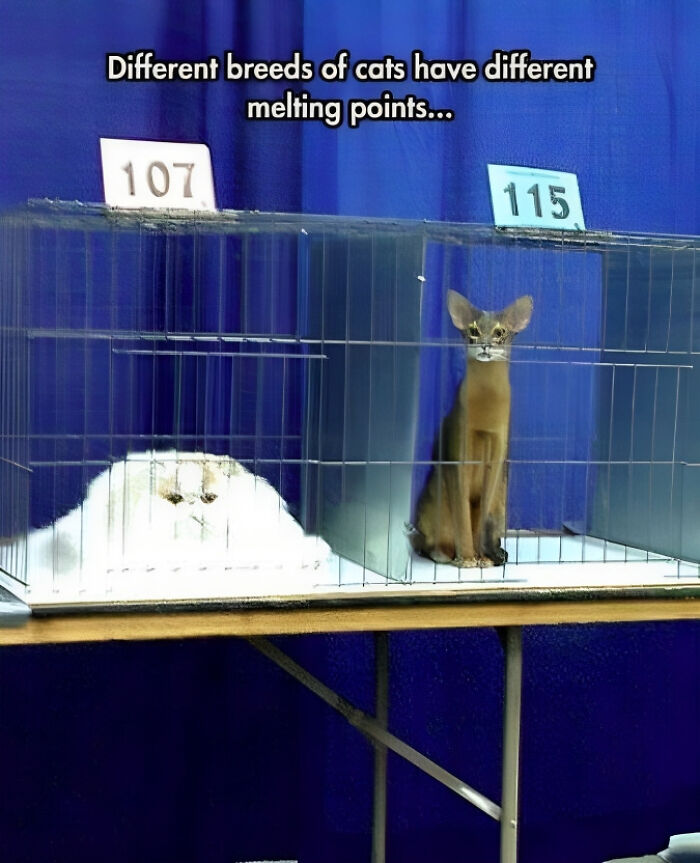
Image credits: The Darker Side Of Science
#2

Image credits: The Darker Side Of Science
#3

Image credits: The Darker Side Of Science
So, The Darker Side Of Science is a Facebook group that’s actually a part of IFLScience, a UK-based science news website. And that is a part of the LabX Media Group.
Anywho, besides news, the group features memes and posts that are in some shape or form related to science, leaving everyone having learned something in the end.
#4

Image credits: The Darker Side Of Science
#5
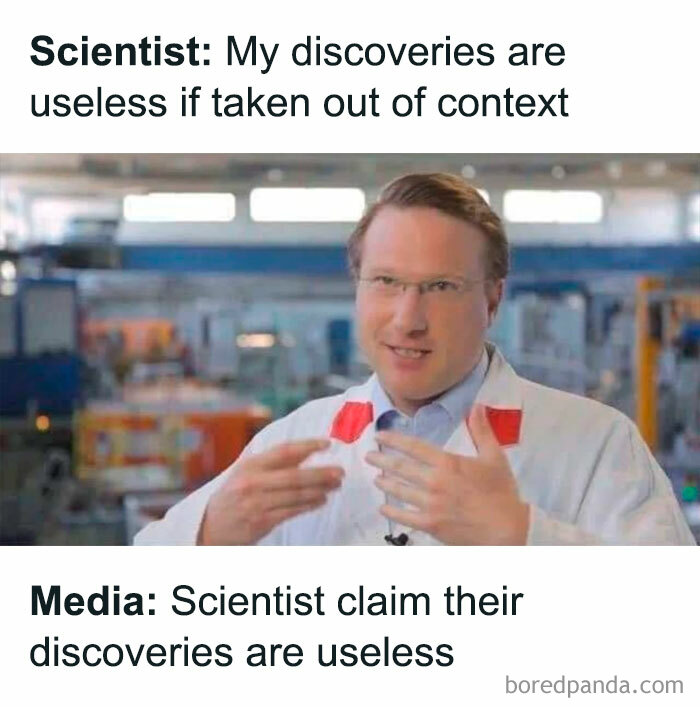
Image credits: The Darker Side Of Science
#6
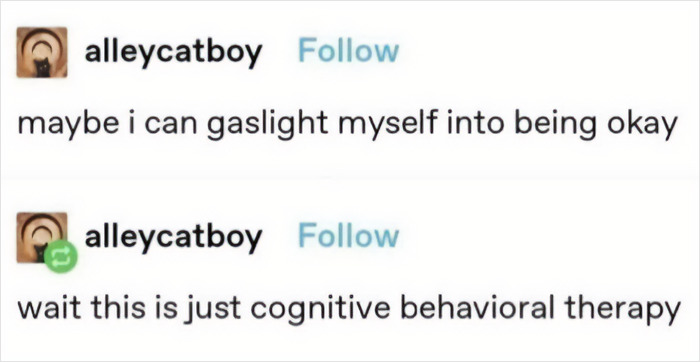
Image credits: The Darker Side Of Science
The group currently boasts around 787,500 members.
It also boasts smart, witty, and clever memes in conjunction with any manifestation of the concept of funny. And you’d be surprised just how effective learning is through fun content. But more on that a bit later.
#7
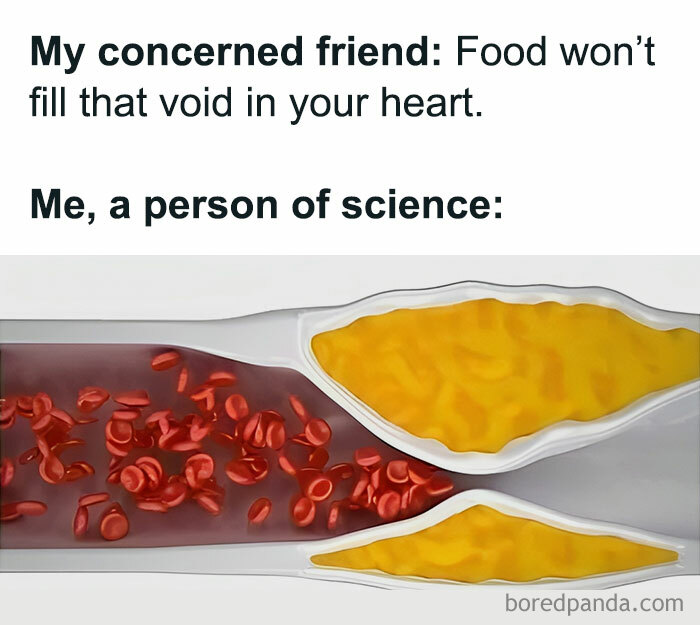
Image credits: The Darker Side Of Science
#8
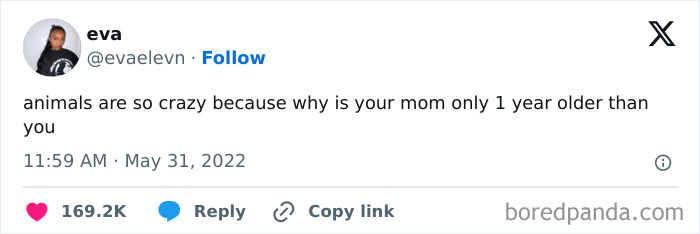
Image credits: The Darker Side Of Science
#9
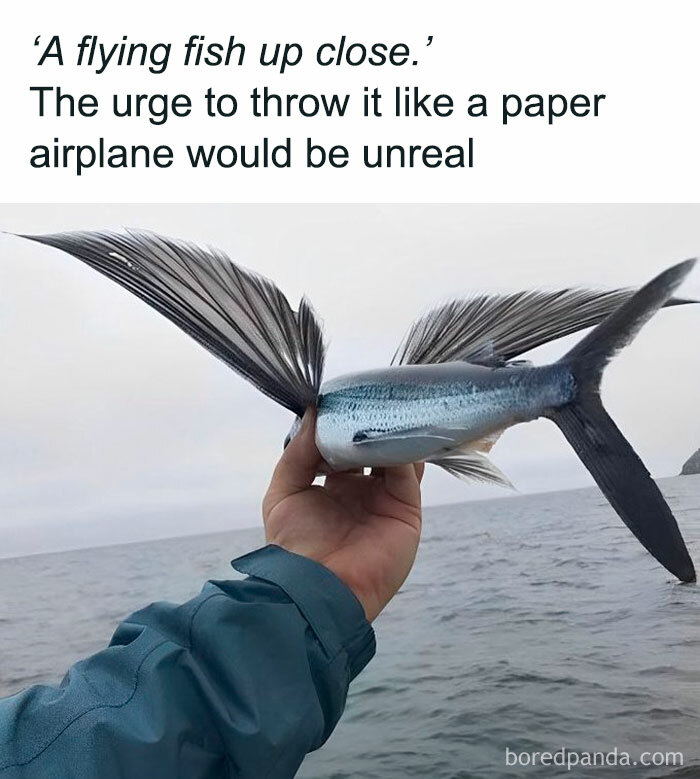
Image credits: The Darker Side Of Science
For example, the meme that took me a while to understand is the one that needed to be done, according to the caption. And the meme features a direct and detailed comparison between apples and oranges. You’re welcome.
But there are memes that are less taxing on the brain, like the different physical states of cats, what the perfect angle looks like, the likelihood of dinosaurs having hair.
#10

Image credits: The Darker Side Of Science
#11

Image credits: The Darker Side Of Science
#12

Image credits: The Darker Side Of Science
So, what was that bit about learning being fun? American English points out that making learning fun gives students meaningful opportunities to apply their newly-acquired knowledge all the while lowering what’s called the affective filter.
The affective filter is essentially an attitude (or a set of them) that affects the success of second language learning in people.
#13
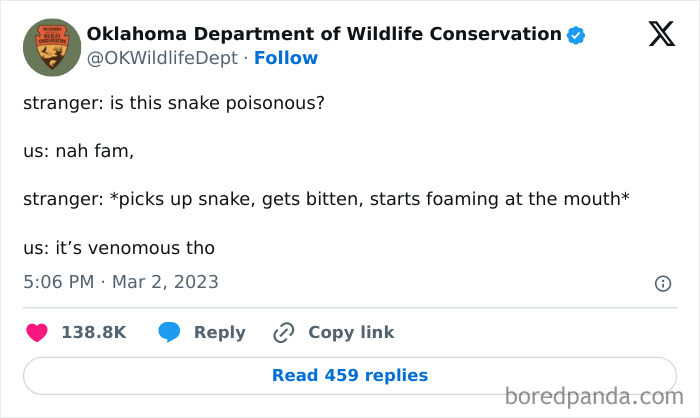
Image credits: OKWildlifeDept
#14
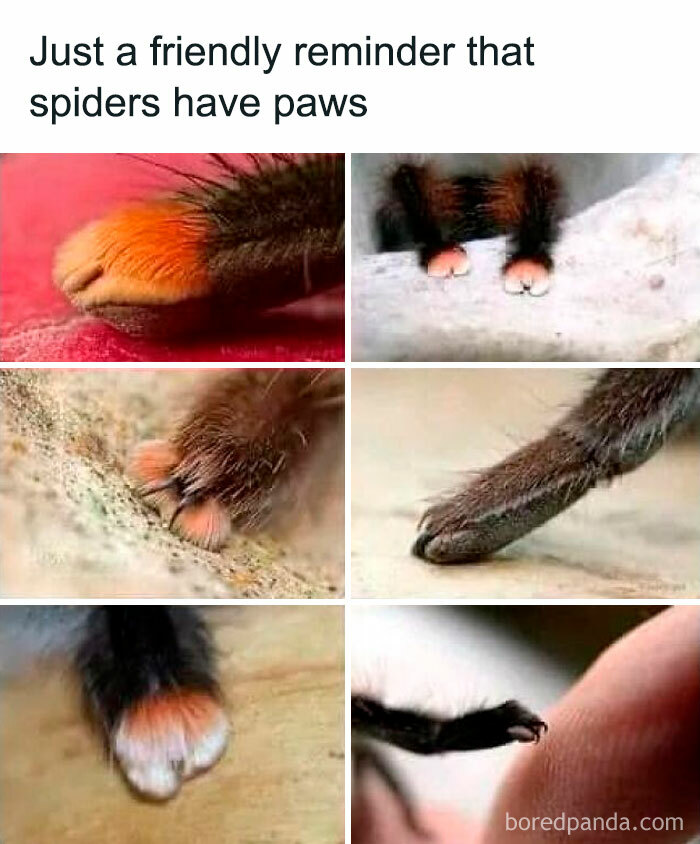
Image credits: The Darker Side Of Science
#15
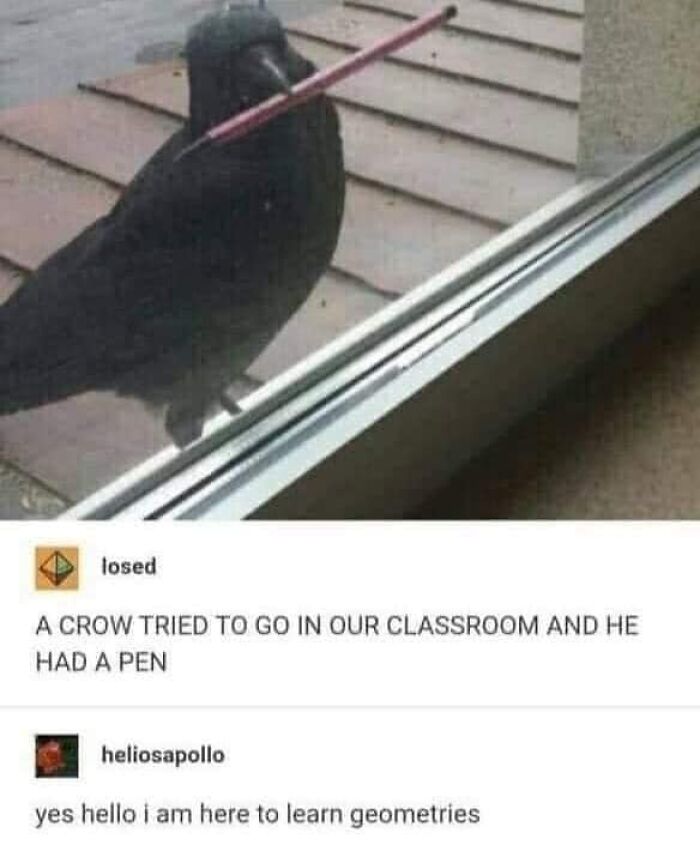
Image credits: The Darker Side Of Science
Anyway, when using learning activities that are engaging and fun, students often become more willing to participate in them and take risks. By introducing the element of fun, the human mind has an easier job at retaining information because of how enjoyable the process is.
#16

Image credits: The Darker Side Of Science
#17

Image credits: The Darker Side Of Science
#18
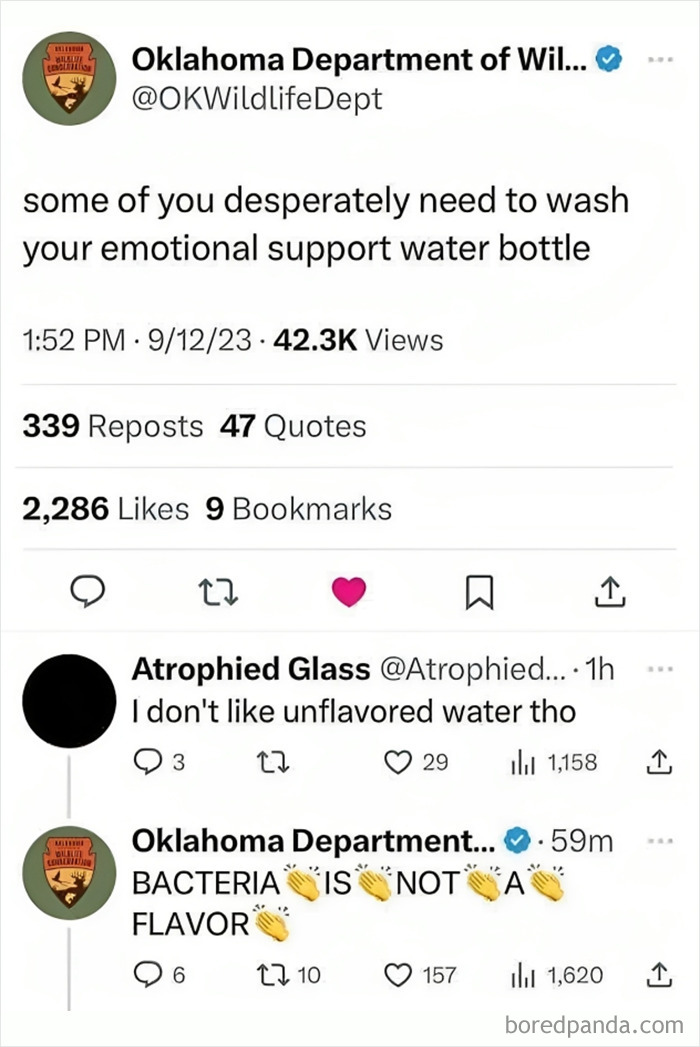
Image credits: The Darker Side Of Science
American English also provides examples of fun activities to try out: listening tasks can become more fun if they are turned into a team-based game show; speaking tasks can be turned into a twenty questions type of game; reading can be a relay race of reading a set length of text; and writing can become a game where students pick out writing prompts from grab bags. That definitely beats sitting down and listening, though.
#19

Image credits: The Darker Side Of Science
#20
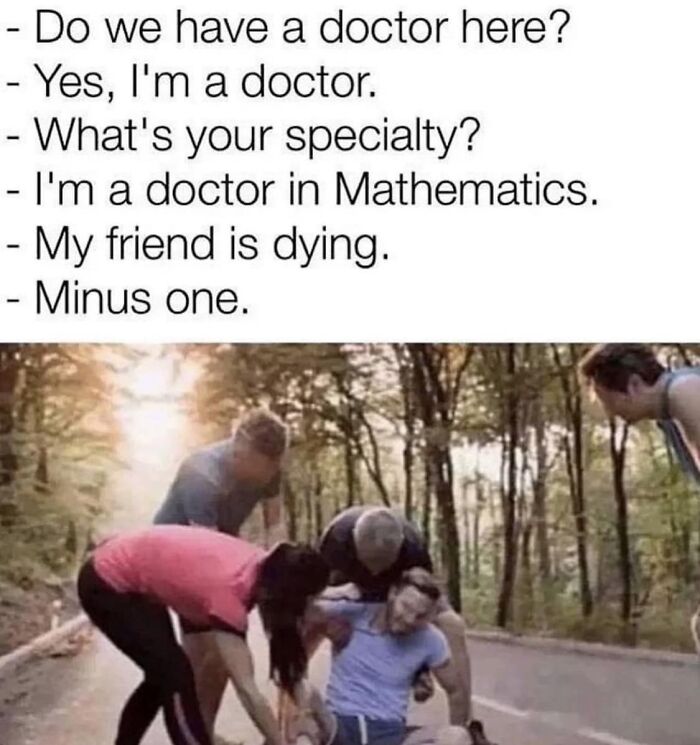
Image credits: The Darker Side Of Science
#21
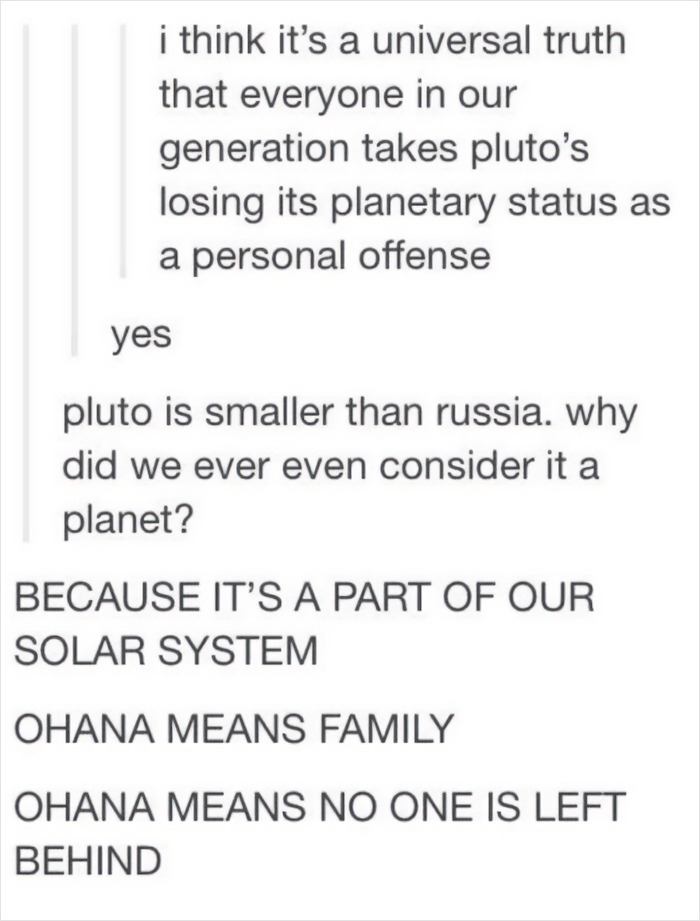
Image credits: The Darker Side Of Science
And you can honestly do that with any discipline. All you need is to adapt the games to the types of skills you’re teaching and you’re set.
In terms of science—any science discipline, really—one of the more popular ways of engaging folks to learn are field trips. Heck, even going out to the playground or garden can teach kids about our world. You know, slugs, photosynthesis, the need for recycling and pollution, that sort of thing.
#22
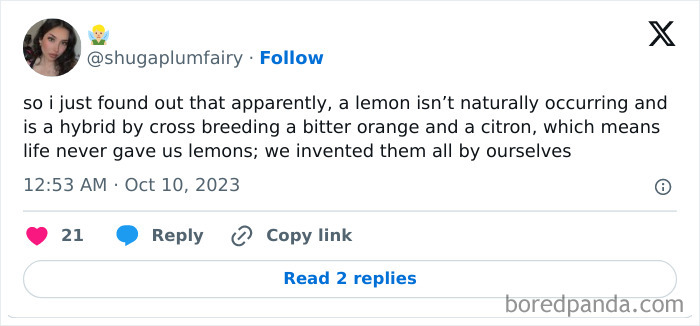
Image credits: The Darker Side Of Science
#23
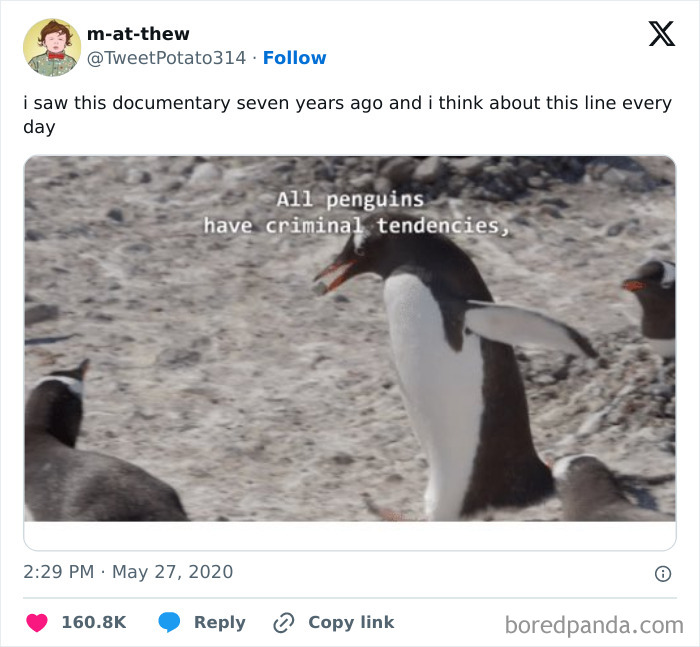
Image credits: The Darker Side Of Science
#24
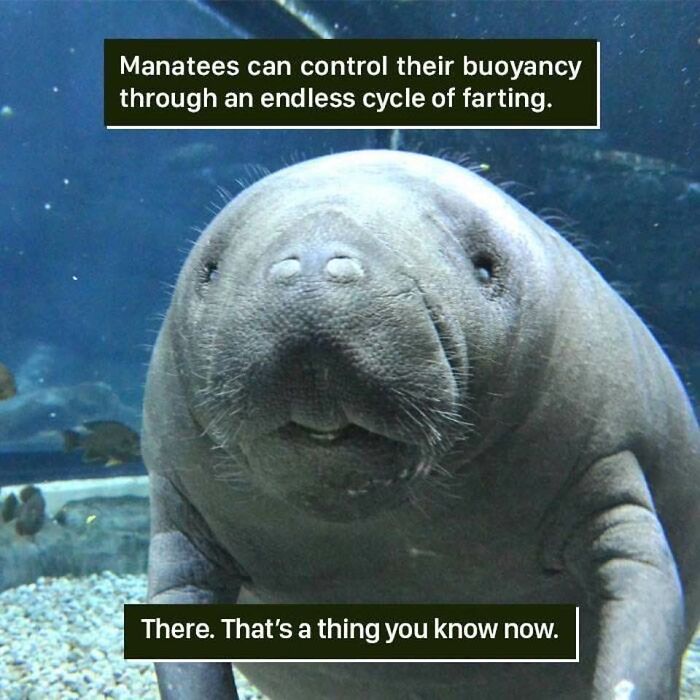
Image credits: The Darker Side Of Science
But, ultimately, you don’t really need to go anywhere to make learning fun. Running lab experiments is just as exciting—capillary action, amplifying smartphones, the candle in a water glass trick, crystallizing rock candy, apple slice oxidation, building a solar oven, layer liquids are just some of many options out there to try out.
#25
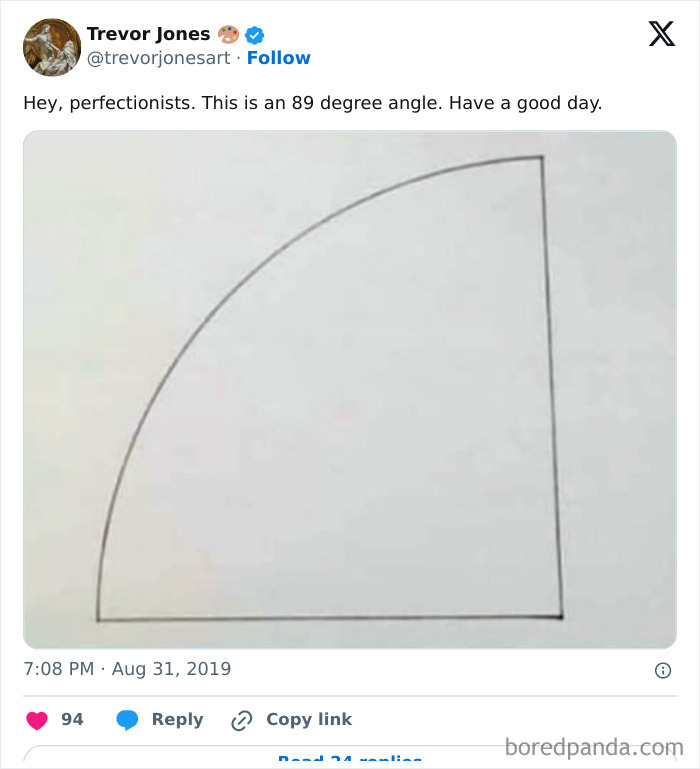
Image credits: The Darker Side Of Science
#26

Image credits: The Darker Side Of Science
#27

Image credits: The Darker Side Of Science
But if you can’t be bothered with any of that, there’s always the good ol’ internet. Sure, hands on stuff is fun, but scrolling through science-based memes can also be beneficial. I still can’t shake off how much I needed to think about the apples and oranges comparison—they are not that different when you think about it. Hey, today I learned, right?
#28
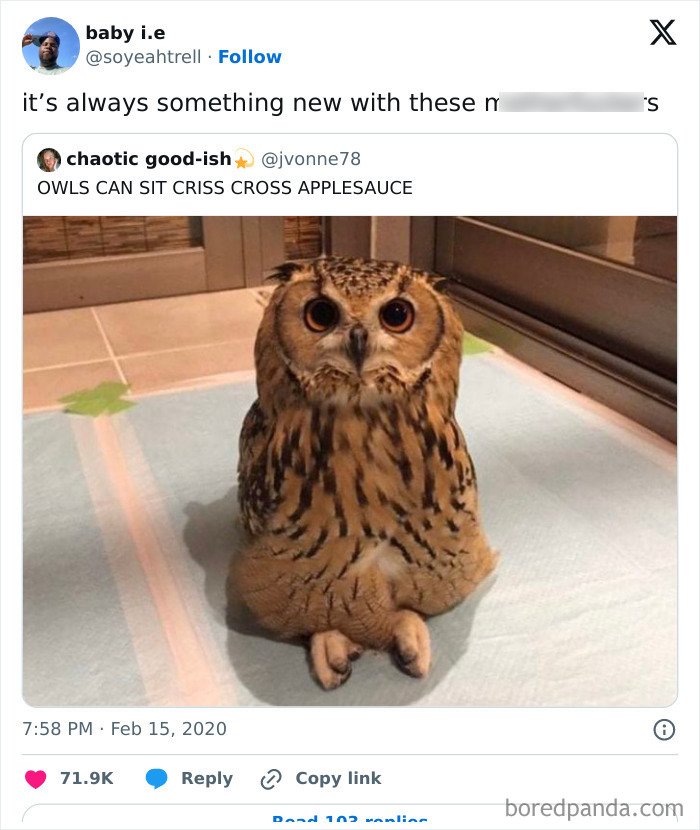
Image credits: The Darker Side Of Science
#29

Image credits: The Darker Side Of Science
#30

Image credits: The Darker Side Of Science
If you enjoyed this listicle, there’s more to enjoy. On the Facebook group, of course.
But before you do that, why not get engaged with the content: leave a comment here, hit that upvote button there, you know, the usual stuff.
#31

Image credits: The Darker Side Of Science
#32
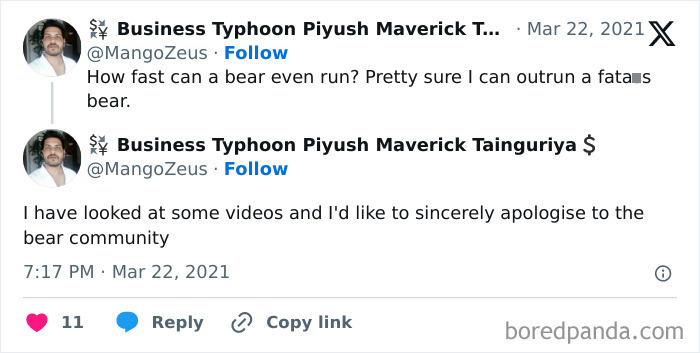
Image credits: The Darker Side Of Science
#33

Image credits: The Darker Side Of Science
#34

Image credits: The Darker Side Of Science
#35

Image credits: The Darker Side Of Science
#36

Image credits: The Darker Side Of Science
#37
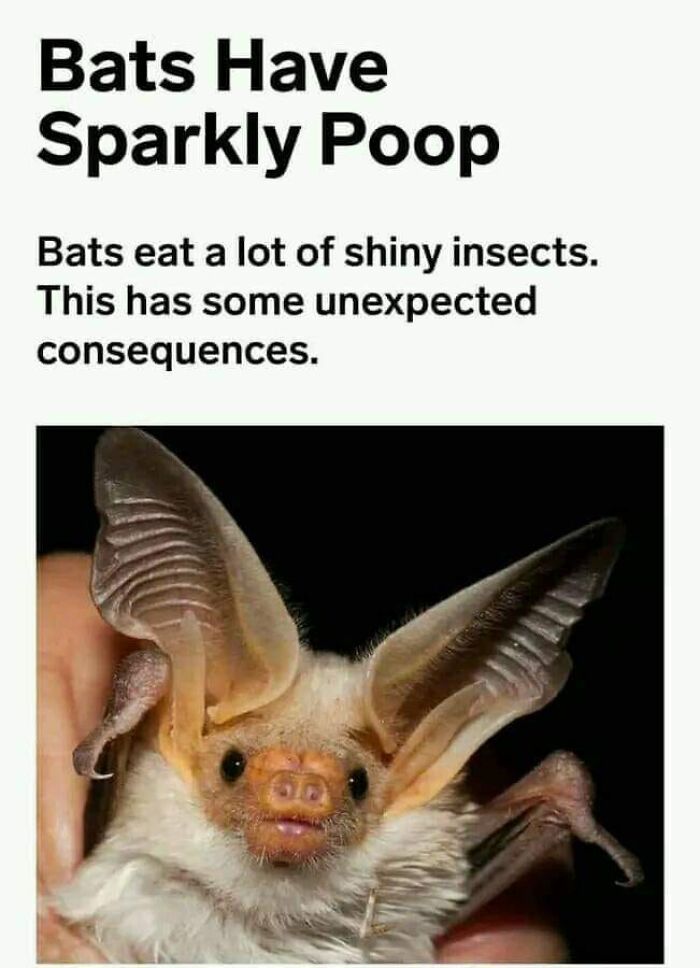
Image credits: The Darker Side Of Science
#38

Image credits: The Darker Side Of Science
#39
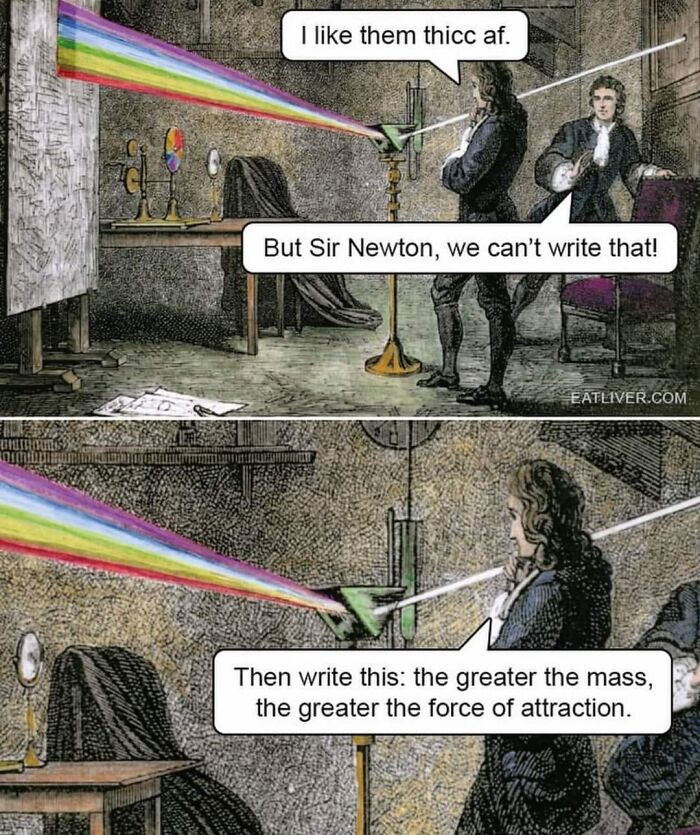
Image credits: The Darker Side Of Science
#40

Image credits: The Darker Side Of Science
#41
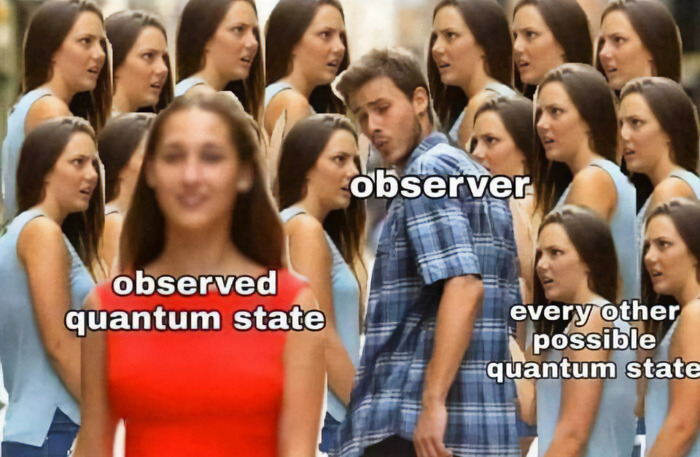
Image credits: The Darker Side Of Science
#42
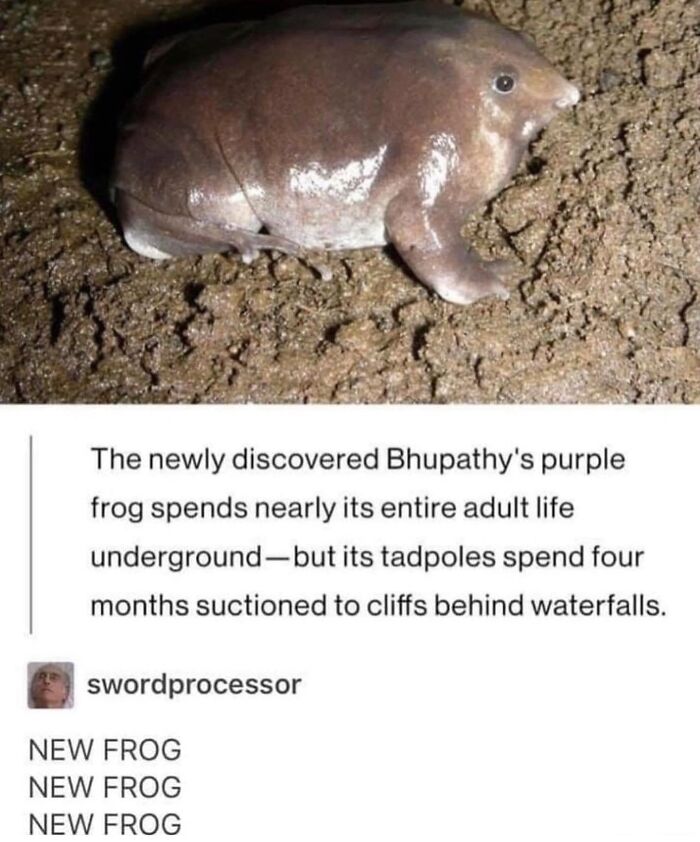
Image credits: The Darker Side Of Science
#43

Image credits: The Darker Side Of Science
from Bored Panda https://ift.tt/32fKnx7
via IFTTT source site : boredpanda